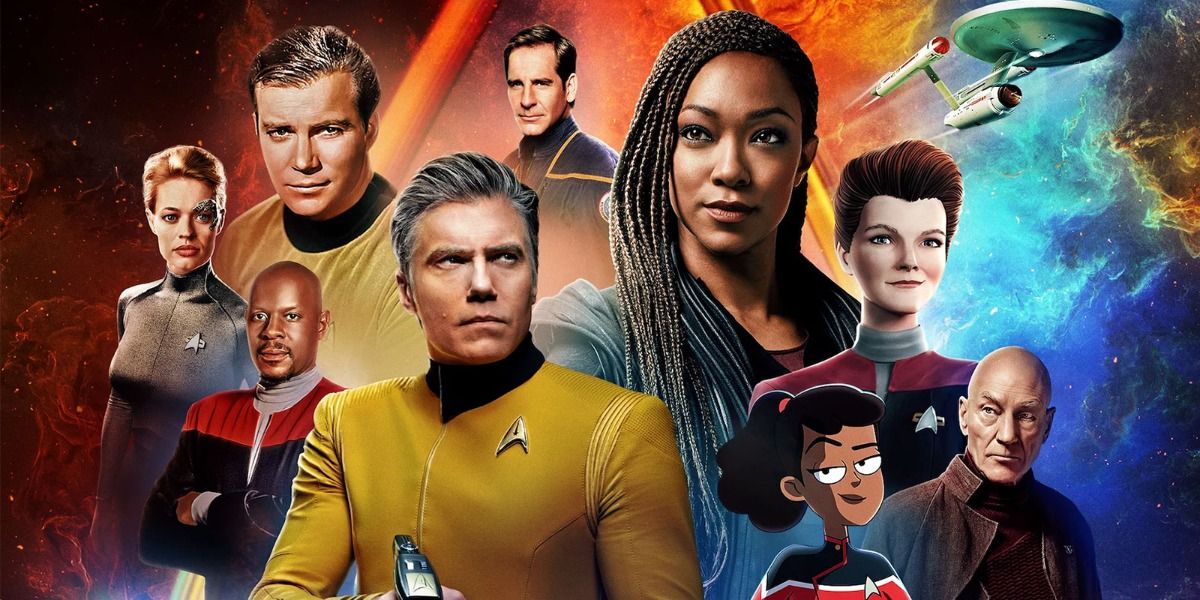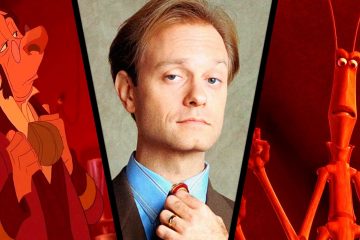Star Trek has been around for over 50 years, and shows no signs of slowing down soon. In the process, it’s weathered all manner of huge social changes, which have been reflected in its various TV series and movies. The secret to its success lies partially in its ability to reinvent itself and updating its stories and character to reflect modern sensibilities while still retaining the core of what Star Trek is.The history of the franchise can be roughly divided into three parts: the premiere of Star Trek: The Original Series, the “renaissance” of the 1980s and 1990s starting with Star Trek: The Next Generation, and the streaming era beginning in 2017 with Star Trek: Discovery. Each period — and indeed each individual series — involves recreating what Star Trek is from the ground up, without losing the things that separate it from other sci-fi epics. Any future shows will need to grapple with the same challenge of reinvention and retention.Science fiction can address hot-button topics such as racism and social justice in ways that traditional drama can’t. Star Trek creator Gene Roddenberry wanted to make an object example of that, and prove that the genre could be more than spaceships and ray guns. That trend has continued, with new series tackling contemporary political issues. For instance, Star Trek: Deep Space Nine Season 4, Episode 5, “Rejoined” famously depicted a lesbian relationship, while Star Trek: Strange New Worlds used footage from the 1/6 insurrection attempt in its story.Star Trek: 10 Best Captain Pike Quotes
Star Trek has been around for over 50 years, and shows no signs of slowing down soon. In the process, it’s weathered all manner of huge social changes, which have been reflected in its various TV series and movies. The secret to its success lies partially in its ability to reinvent itself and updating its stories and character to reflect modern sensibilities while still retaining the core of what Star Trek is.
The history of the franchise can be roughly divided into three parts: the premiere of Star Trek: The Original Series, the “renaissance” of the 1980s and 1990s starting with Star Trek: The Next Generation, and the streaming era beginning in 2017 with Star Trek: Discovery. Each period — and indeed each individual series — involves recreating what Star Trek is from the ground up, without losing the things that separate it from other sci-fi epics. Any future shows will need to grapple with the same challenge of reinvention and retention.
Science fiction can address hot-button topics such as racism and social justice in ways that traditional drama can’t. Star Trek creator Gene Roddenberry wanted to make an object example of that, and prove that the genre could be more than spaceships and ray guns. That trend has continued, with new series tackling contemporary political issues. For instance, Star Trek: Deep Space Nine Season 4, Episode 5, “Rejoined” famously depicted a lesbian relationship, while Star Trek: Strange New Worlds used footage from the 1/6 insurrection attempt in its story.
#Ways #Star #Trek #Reinvent #Future #Series
Note:- (Not all news on the site expresses the point of view of the site, but we transmit this news automatically and translate it through programmatic technology on the site and not from a human editor. The content is auto-generated from a syndicated feed.))



